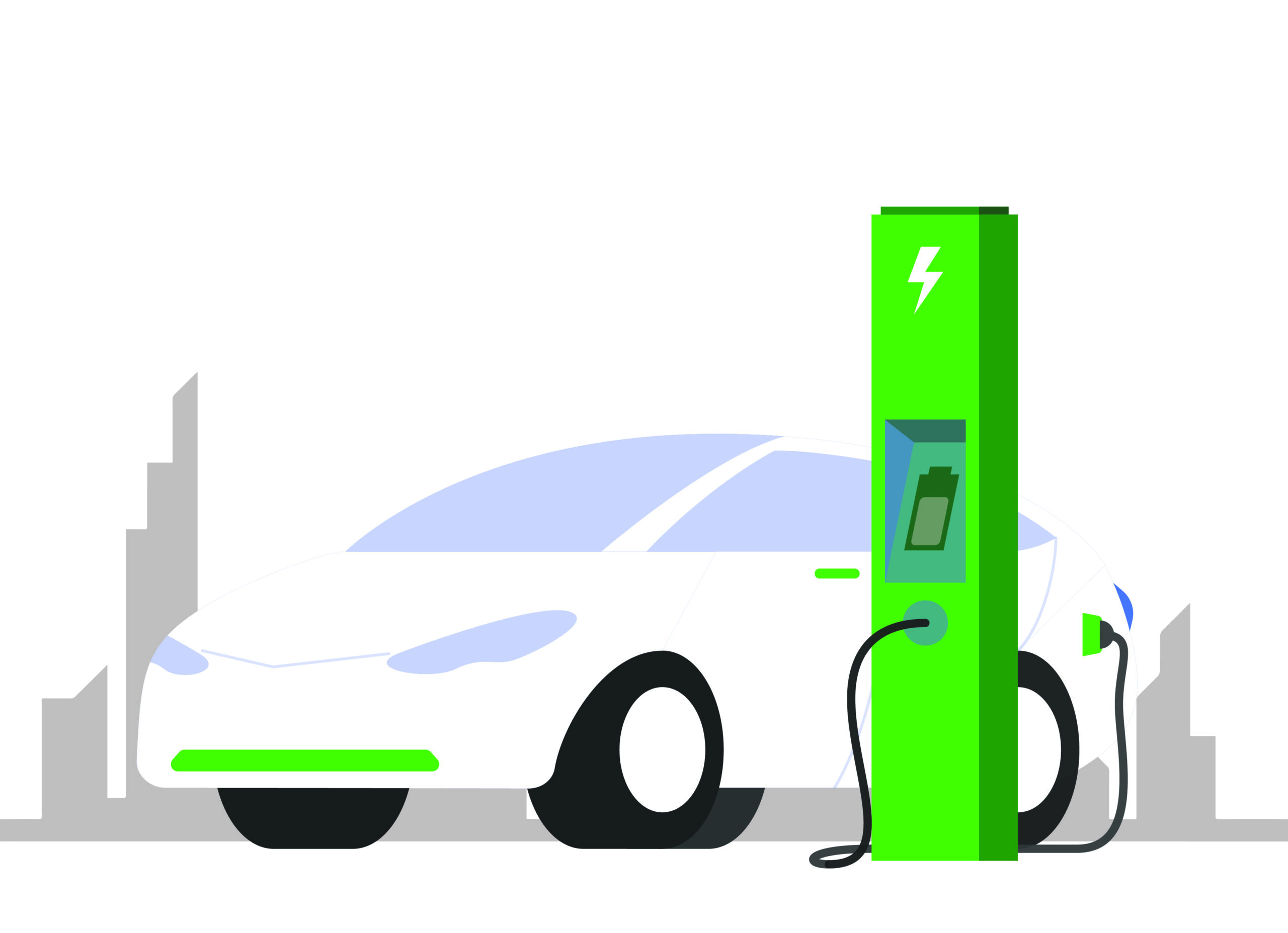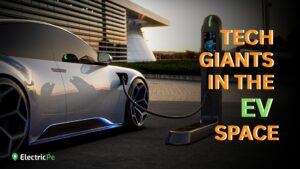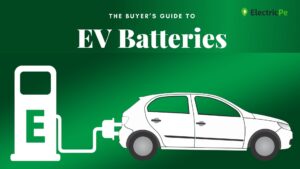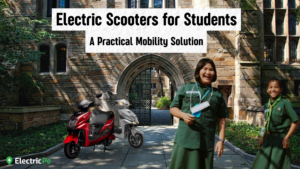Electric cars have become increasingly popular as consumers seek cleaner and more sustainable transportation. However, there are still several challenges that manufacturers need to address to drive up the adoption of electric vehicles (EVs). Here are some of the most pressing issues that must be addressed:
- Range anxiety: One of the most common concerns among potential EV buyers is the fear that the car’s battery will run out of charge before reaching the desired destination. Manufacturers must address this by improving battery technology and expanding the EV range. This could include developing more efficient batteries or increasing the number of charging stations.
- Charging infrastructure: A need for charging infrastructure is another barrier to EV adoption. Manufacturers need to work with governments and private organizations to build more charging stations and make them more easily accessible to drivers. This could include installing charging stations in public places like shopping centres and public parking lots or offering incentives for homeowners to install charging stations in their homes.
- Cost: The cost of EVs remains a barrier for many consumers. While electric vehicles have decreased in recent years, they are still more expensive than traditional gas-powered cars. Manufacturers must continue to find ways to lower the cost of EVs through increased production, more efficient battery technology, and other innovations.
- Limited driving range: One of the most significant barriers to EV adoption is the limited driving range. Although EVs have improved in recent years, many models still have a limited range compared to gasoline-powered cars. This can cause “range anxiety,” a fear that the Vehicle will run out of power before reaching the destination. Consumers who drive long distances or live in rural areas may be particularly hesitant to buy an EV due to concerns about range.
- Supply chain issues: EV production relies on a complex supply chain that includes raw materials like lithium, cobalt, and rare earth metals. Manufacturers must address supply chain issues, such as ethical sourcing and environmental impact, to ensure that EVs are genuinely sustainable and socially responsible.
- Limited model options: While the number of EV models available has increased, there are still relatively few options compared to gasoline-powered cars. Consumers who want specific features or body styles may need help finding an EV that meets their needs.
- Lack of consumer awareness: Many consumers still need to become more familiar with the benefits and practicalities of driving an EV. Sometimes, they may need to realize that EVs are an option. Manufacturers need to invest in education and marketing campaigns to help consumers understand the benefits of EVs and address any misconceptions or concerns they may have.
In conclusion, electric cars are poised to play an essential role in the future of transportation. However, manufacturers need to address the challenges of range anxiety, charging infrastructure, cost, education, and supply chain issues to drive up adoption. By working together to overcome these challenges, manufacturers can help create a more sustainable and environmentally friendly future for all.





